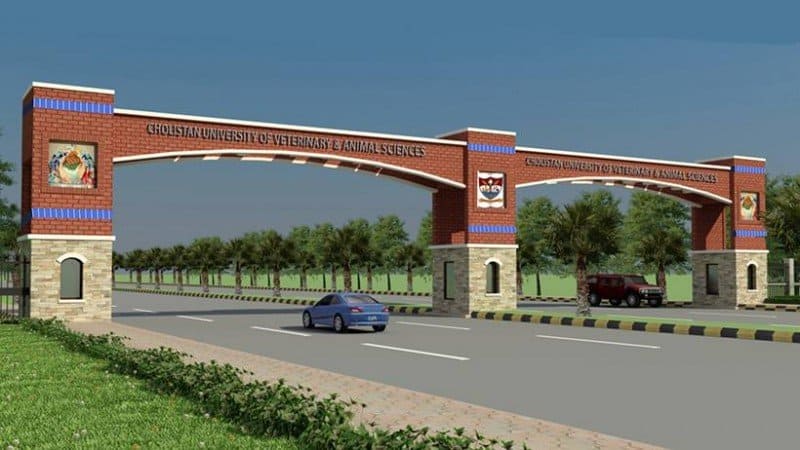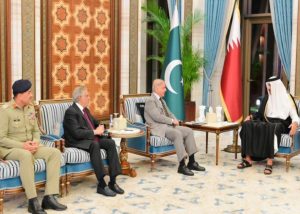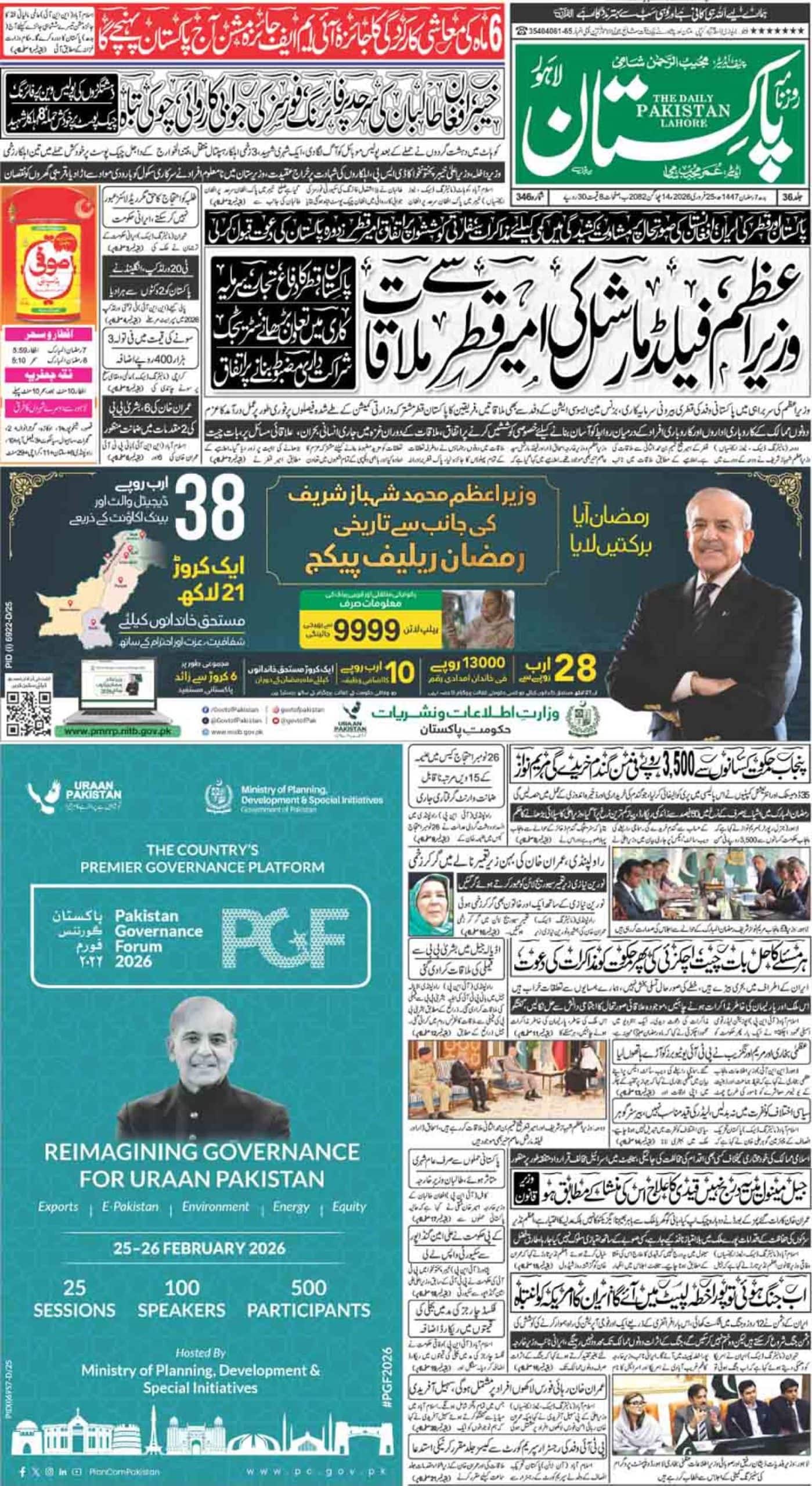LAHORE – Cholistan University of Veterinary and Animal Sciences (CUVAS) at Bahawalpur started classes of the first session of April 2019 consisting of 400 students.
As many as 100 qualified teachers including 70 PhD have been engaged to teach the students.
Around four sessions of training of its staff were completed before the start of this session.
This was stated by Vice Chancellor UVAS Prof Dr Talat Naseer Pasha, who has an additional charge of VC of the Cholistan University as well, while talking to APP, here on Sunday.
Giving details about the first session of degree and diploma programmes, he said that four four-year degree and two two-year diploma programmes had been started in the first session.
The degree programmes also included Poultry Production, Food Technology, Zoology and Applied Microbiology while diploma in Poultry Science and Artificial Insemination.
Responding to a question, he said that the livestock sector was a source of livelihood and food security in the country, especially in south Punjab.
This sector also has enormous potential for economic growth of the country.
The Cholistan is one of the major livestock holding territories in Punjab, which is spread over an area of 26,000 square kilometres of Bahawalpur, Bahawalnagar and Rahim Yar Khan districts.
To exploit the potential of livestock resources of southern Punjab, the university had been established.
This will assist in the formation of disease-free zones and cater to the needs of the allied industry to produce safe and health value-added livestock products having the potential for export to regional markets, he added.
The university has been established within collaboration with Ankara University Selcuk University of Turkey.
This new university has three faculties namely Bio-Sciences, Veterinary Sciences and Animal Production and Technology.
It has 18 departments and an institute.
It also has teaching and research centres on dairy cattle, beef animals, sheep and goats, camels, poultry, pet and wildlife, a central disease diagnostic laboratory, 16 departmental laboratories, Veterinary Teaching Hospital, Pet and Wild Animal Hospital and Computer Laboratories, along with library, student-teacher centre, seminar rooms, auditorium, sports complex and staff and students residential facilities.
The project has been completed in almost two years at a cost of Rs 3.0 billion.
Presently in Pakistan, there are only 12 public and two private sector institutions offering education in veterinary medicine.
In Punjab, 650-700 students get a chance to have admission to veterinary medicine classes in these institutions annually.













